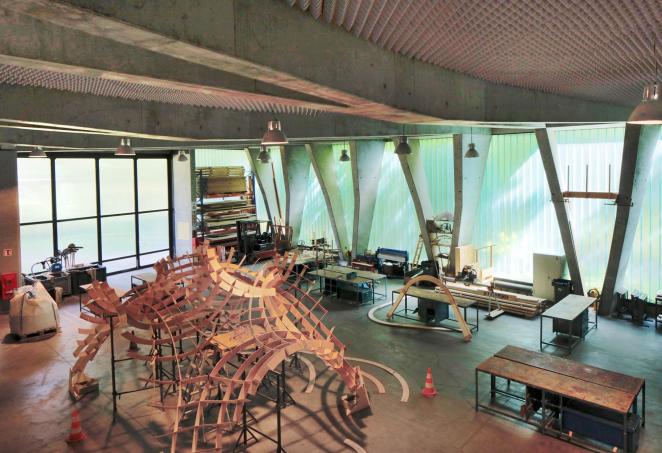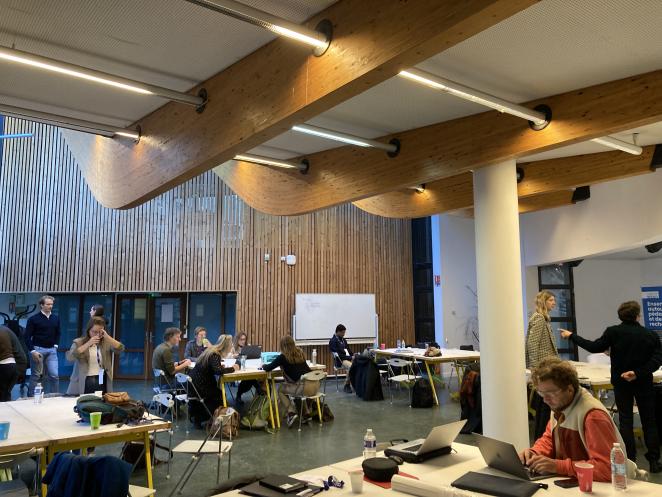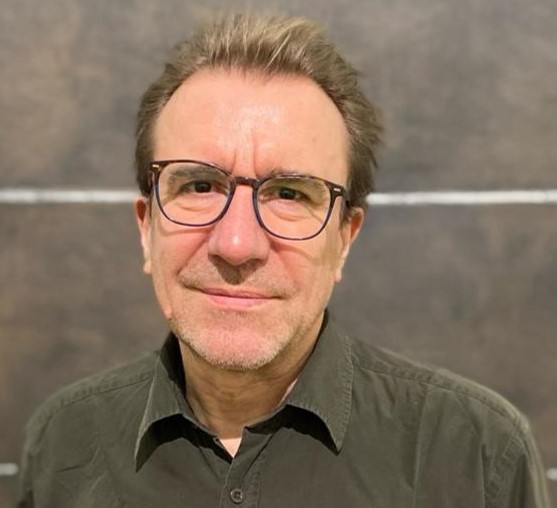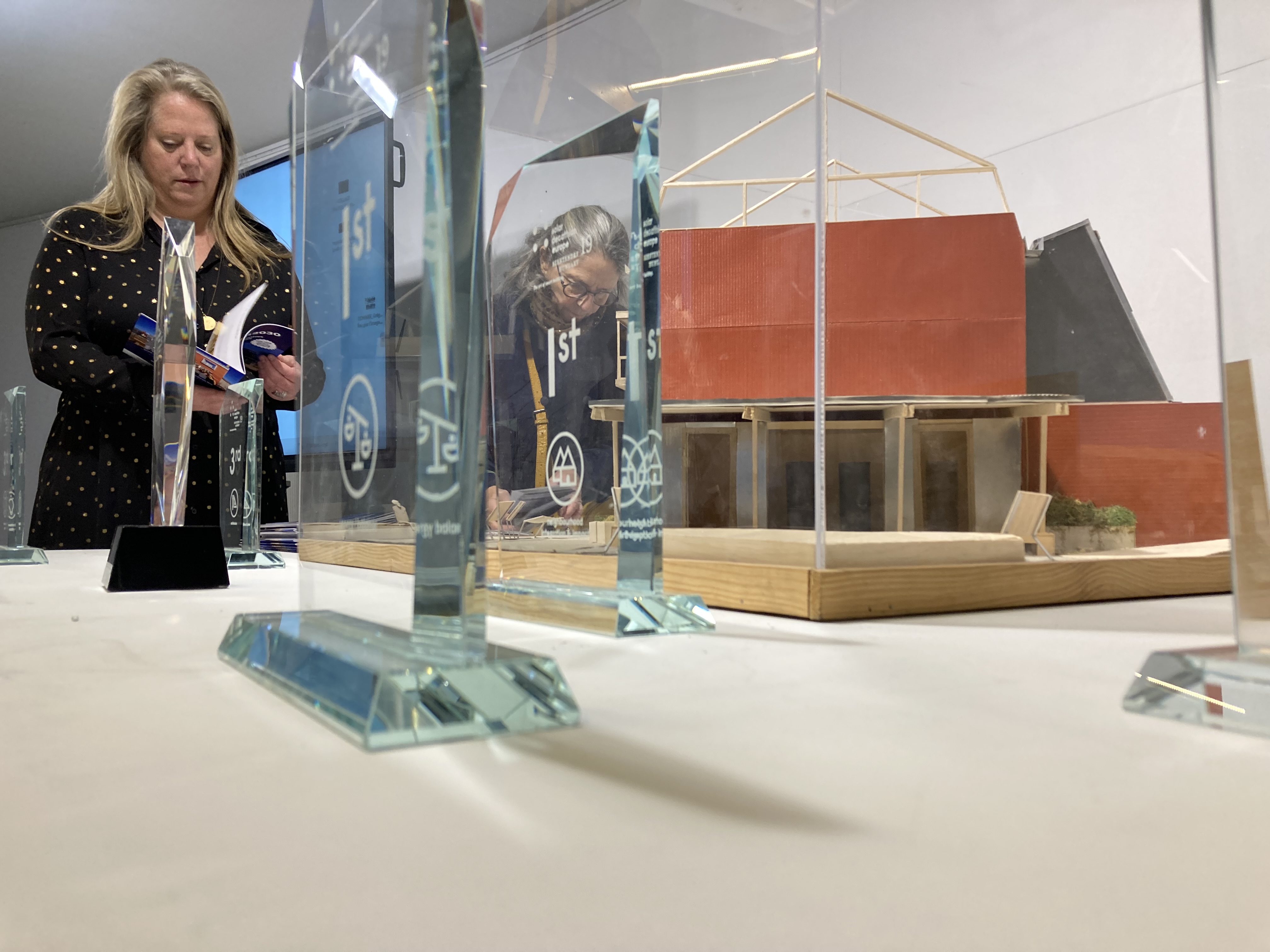The École Nationale Supérieure d’Architecture et de Paysage de Lille (ENSAPL) is one of France's twenty state-funded schools of architecture. It is recognized in France and internationally as a forerunner of the architectural shift towards ecology and as a leader in the environmental transition.

Ambitious pioneers for circularity
ENSAPL offers interdisciplinary higher education in architecture, urban planning and landscape. Believing that architects and landscape designers have a social and ecological responsibility, and should be ambitious pioneers in the transition to circularity, the institution has a proven track record of integrating contemporary environmental issues into teaching and training.
There are close links with the other French partner, Habiter2030 and their extended network includes other academic disciplines, local authorities, social landlords, local (de)construction companies, the building materials industry and their ecosystems.

CTB visit ENSAPL
Upskilling & training
In CTB, ENSAPL will accelerate the transition to a circular building material economy, together with Habiter2030 and CD2E, on three axes:
- Anticipating re-use in design and construction
- Defining aesthetics of circularity in architecture & landscape: standards, certification, insurance
- Engaging regional stakeholders, covering all aspects (capture,storage, sales, etc.).
With Habiter2030, the School of Architecture will jointly develop (up-)skilling and training programmes for designers, developers and authorities as well as transdisciplinary professional education and postdoctoral research.

Vincent Ducatez, Project Leader
The ENSAPL CTB team

ENSAPL - Award winning School of Architecture
ENSAPL has a long-standing tradition in terms of international cooperation, both through the Erasmus+ programmes and bilateral collaborations.
Through participation in CTB the institution gains access to resources, knowledge, and experience on circular building materials in the North Sea Region, benefitting from and contributing to the community of practice established by the project. Thereby, strengthening its role in professionals education and lifelong learning, and expands its position as knowledge centre and instigator of regional circular projects.
